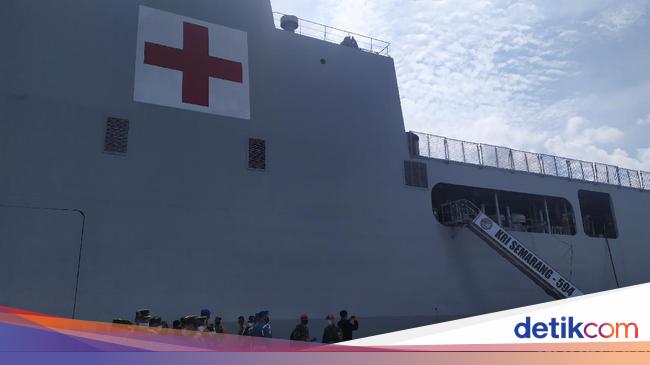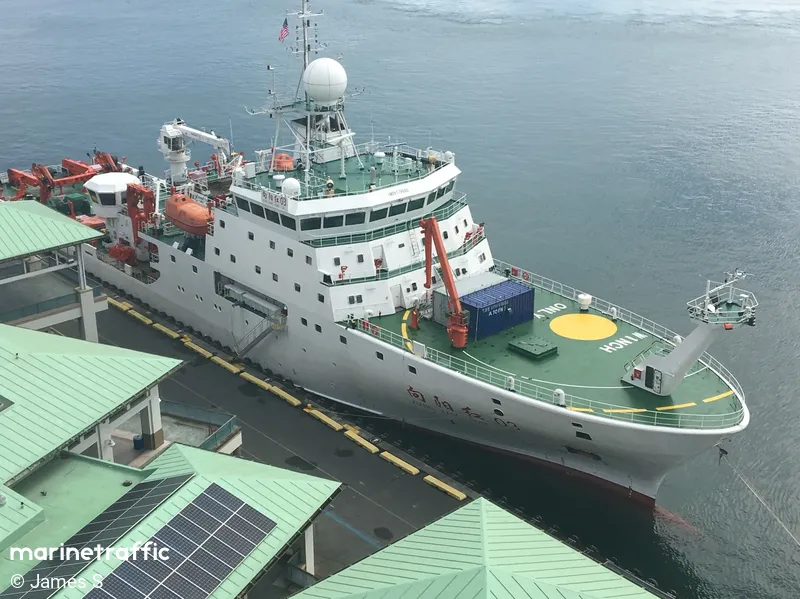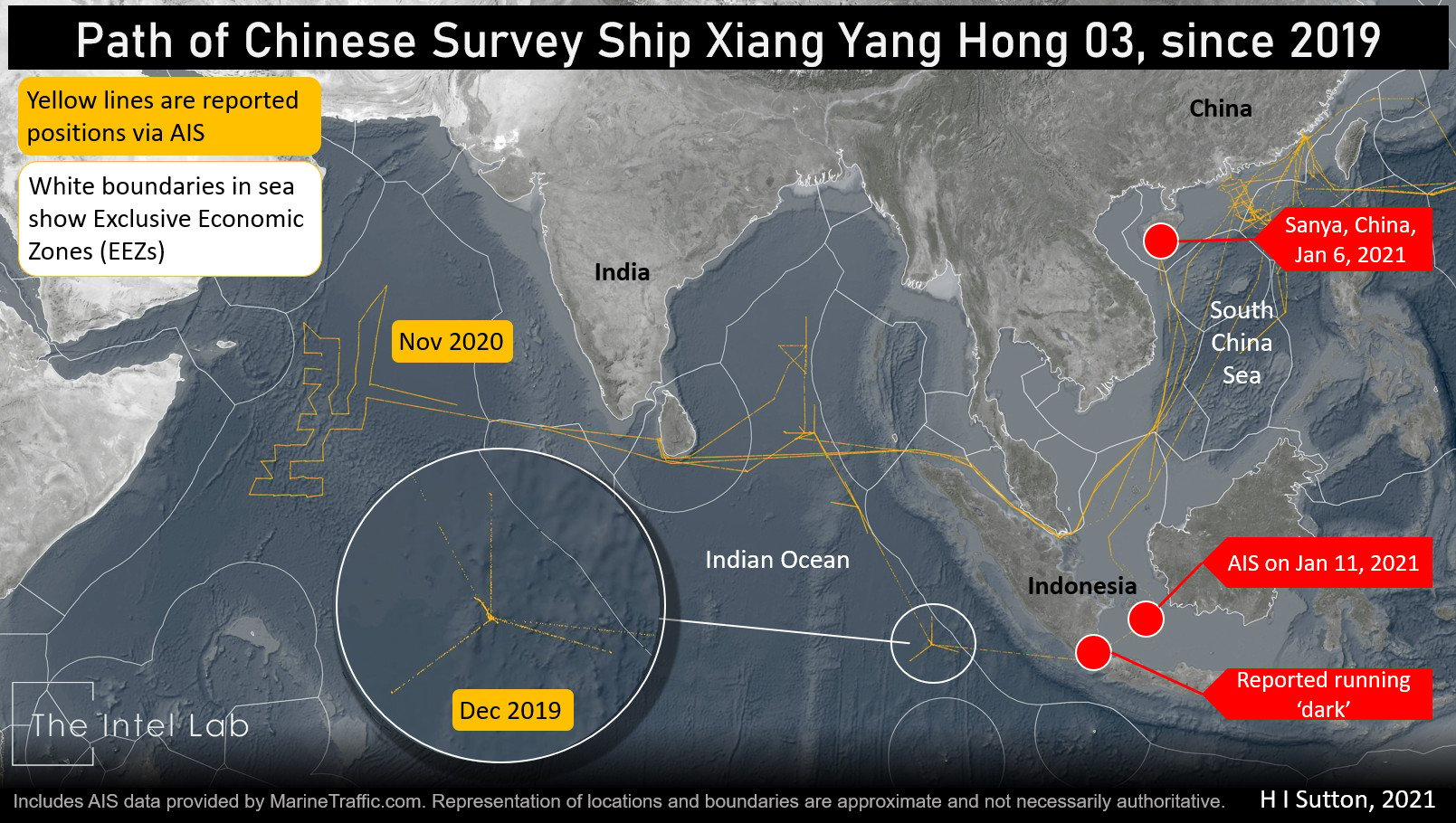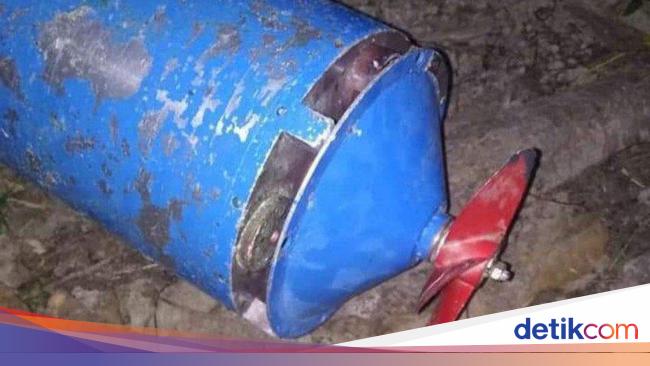I'm no expert in International Maritime law, however as far as I know if they're still in ALKI corridor (the corridor within Indonesia archipelago that's open for International traffic), they can't being boarded.
The problem as far as I got from Indonesian Coast Guard (Bakamla) report, that ship still in ALKI corridor. It just they're disengage their AIS recognition system. From Indonesian media, I read they're claiming they have problem with their AIS system. Disengage AIS just like an airplane disengage the transponder. Thus it's against the law, but usually not in deemed to boarded or force to land (in case for Airplane), as long as they stay in corridor set for International traffic. For that usually the Coast Guard or Navy just escort them out from Indonesian water and EEZ.
Unless they are caught red handed or have enough evidence doing illegal activities on Indonesian waters. So far this ship can only been proved disengage AIS, but the rest still as innocent passage.
Still off course nothing innocent on that, but still not proven. So I guess some Chinese friend in Political circle will tone down this incidents. Hope people that responsible for defense didn't see that as just innocent and benign activities.
Actually there may be an issue here as SOLAS require AIS to be on except in specific circumstances. AIS was primarily adopted as a collision avoidance systems but has evolved for additional functions. However, the prime function remains.
There is no excuse for switching off Navigation Lights under COLREGS.
Added to this innocent passage is subject to a some limitations in UNCLOS. Innocent passage does not apply if you are headed to or from a port of the coastal state. When transiting passage is innocent so long as it
is not prejudicial to the peace, good order or security of the coastal state. A vessel in innocent passage may traverse the coastal state’s territorial sea continuously and expeditiously, not stopping or anchoring except in
force majeure situations.
The scope of the territorial sea is 12nm from the baseline but there are variations for how archipelagic states define the baseline.
UNCLOS gives examples of what is non-innocent is provided in article 19(4) of UNCLOS and includes a number of items that a research ship needs to be careful of ...
(a) any threat or use of force against the sovereignty, territorial integrity or political independence of the coastal State, or in any other manner in violation of the principles of international law embodied in the Charter of the United Nations;
(b) any exercise or practice with weapons of any kind;
(c)
any act aimed at collecting information to the prejudice of the defence or security of the coastal State;
(d) any act of propaganda aimed at affecting the defence or security of the coastal State;
(e) the launching, landing or taking on board of any aircraft;
(f)
the launching, landing or taking on board of any military device;
(g) the loading or unloading of any commodity, currency or person contrary to the customs, fiscal, immigration or sanitary laws and regulations of the coastal State;
(h) any act of wilful and serious pollution contrary to this Convention;
(i) any fishing activities;
(j)
the carrying out of research or survey activities;
(k) any act aimed at interfering with any systems of communication or any other facilities or installations of the coastal State;
(l) any other activity not having a direct bearing on passage.

 news.detik.com
news.detik.com


:strip_icc():format(jpeg)/kly-media-production/medias/3347304/original/043063900_1610455439-IMG-20210112-WA0014.jpg)





